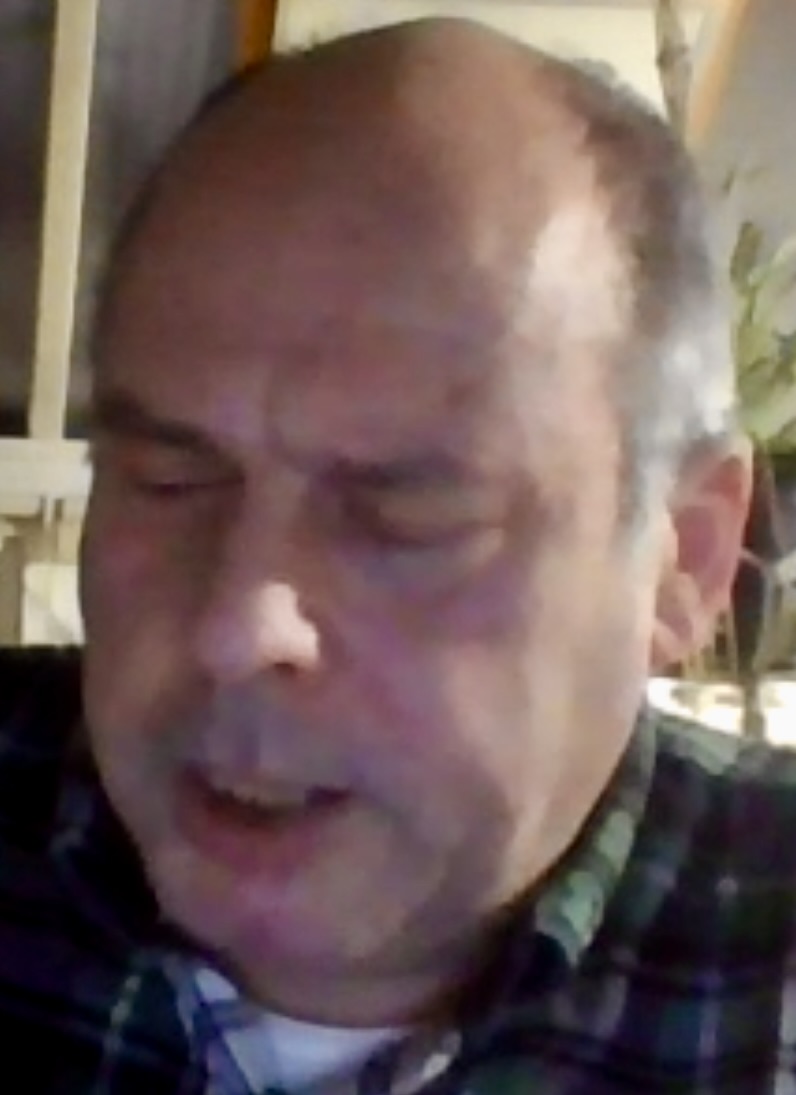The Baron's Briefings
Tony Barber: Radical change under way in Central and Eastern Europe
Thursday 25 January 2024
 Thirty-five years after the end of Communist rule, the nations of East Central Europe agree on the big issues: they feel their place is in the EU and in NATO, and they all want to maintain the American security and political umbrella, says former Reuters correspondent Tony Barber (right). What they also have in common is that they don’t want to be called “Eastern European”.
Thirty-five years after the end of Communist rule, the nations of East Central Europe agree on the big issues: they feel their place is in the EU and in NATO, and they all want to maintain the American security and political umbrella, says former Reuters correspondent Tony Barber (right). What they also have in common is that they don’t want to be called “Eastern European”.
These are very different countries, each with its own history, and some are more intent on asserting their sovereignty than in being politically integrated into the European Union. Today they shouldn’t be judged by the old yardsticks of rule of law, economic progress, nationalism and attitudes to Russia. And even though there is much talk of democratic backsliding, of right-wing populism, political corruption and organised crime, the trends in East Central Europe are not that different from those in the West.
Given the violent history and political suppression these states experienced in the 20th century, it was “inevitable that the road to liberal democracy was bound to go through a nationalist detour,” he said in an online talk.
Barber began reporting the then-Communist East from Warsaw 40 years ago. While at Reuters from 1981 to 1989, he also reported from New York, Washington, Vienna, Moscow and Belgrade. Belgrade was also his home base for reporting the collapse of Communist regimes in the region starting in 1989. He is now the London-based chief European comment editor for the Financial Times, having served as an FT correspondent in Frankfurt, Berlin, Rome and Brussels.
Support for Ukraine’s battle against the Russian invasion is extremely strong in the northern tier of the former Soviet bloc, he noted, but moving south, there is anxiety just below the surface about the war as there is in western countries. He discounts Hungary’s Viktor Orban’s opposition to EU aid for Ukraine as “a peacock dance,” an attempt to draw attention to himself. The Hungarian population is not pro-Russian, and Orban’s political strength, he says, is due to Orban’s electoral manipulations which “tilted the playing field toward himself.”
In Poland, by comparison, the outgoing conservative Law and Justice government took control over major sectors of government and the media, “but there wasn’t really a drastic reshaping of the electoral rolls.” Still the change of government was “not completely conclusive,” for the three-party coalition led by pro-EU Donald Tusk had a narrow victory.
What is striking from the perspective of countries in the East is that no European power has emerged to lead the continent now experiencing the biggest war since the Second World War.
The economies of the new democracies are integrated into the German and Austrian business space, but their elites were deeply disturbed by Berlin’s close economic ties to Moscow, particularly in the energy sector, prior to the Russian invasion of Ukraine. Barber blames Germany’s past Chancellor, Angela Merkel, for not cracking down on Orban because she hoped to maintain solidarity among conservative parties.
“I don’t think these countries would see Germany as their saviour,” he said. “Of course, the country they do see as their saviour is America.” And that leads to the biggest issue of all: “If you don’t have America providing the security guarantee to the small countries close to Russia, what do they have left? It’s a very, very alarming situation from their point of view.”
As for France’s call for greater European defence autonomy, the countries of East Central Europe don’t mind the idea of a stronger Europe, “but they very firmly believe it needs to be a part of a larger US-led world.”
And Britain, by pulling out of the EU, is a tragic story of lost influence.For 25 years after 1989, Britain “couldn’t have asked for closer friends” than the former Communist states.They liked Britain’s Atlanticism, the idea of Britain as a bridge to America, many of its economic ideas and its solidarity with other democracies. By quitting the EU, “the British are throwing an awful lot of this away.”
The saddest case in the East is the one he knew well, the former Yugoslavia, where a state like Serbia is “strong enough to manipulate elections, bully political opponents and bend their laws to their own purpose” but not strong enough to guarantee their citizens jobs or financial security and welfare. Barber is “not confident” that EU enlargement efforts will bring results, “certainly not quickly.”
The big worry everywhere is what happens in Washington next January. “If a new Republican administration pulled the plug on Ukraine and left Russia in control of areas it now has, you might see demands for a complete reordering of the whole European security picture,” he said. The other fear is that a second Trump administration would be radically populist.
“Things that happen in America tend to wash over the rest of the world at some point,” Barber said in answer to a question. “So, if you have a kind of undermining of democracy and the rule of law and flagrant abuses of the rule of law that would be emulated elsewhere in the world, in parts of Europe, it would be the kind of example being set. That problem is “at the bottom of everything.”